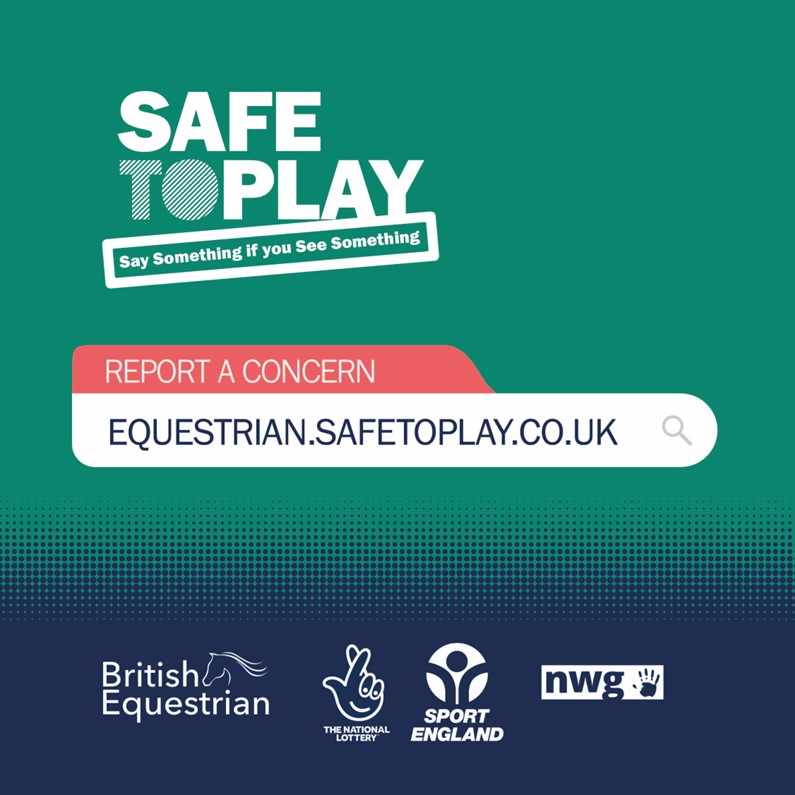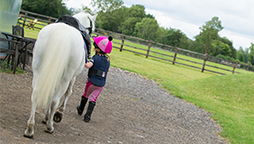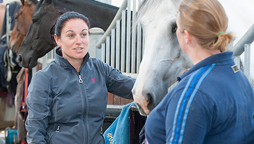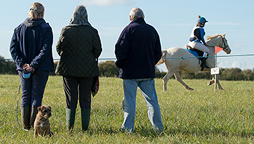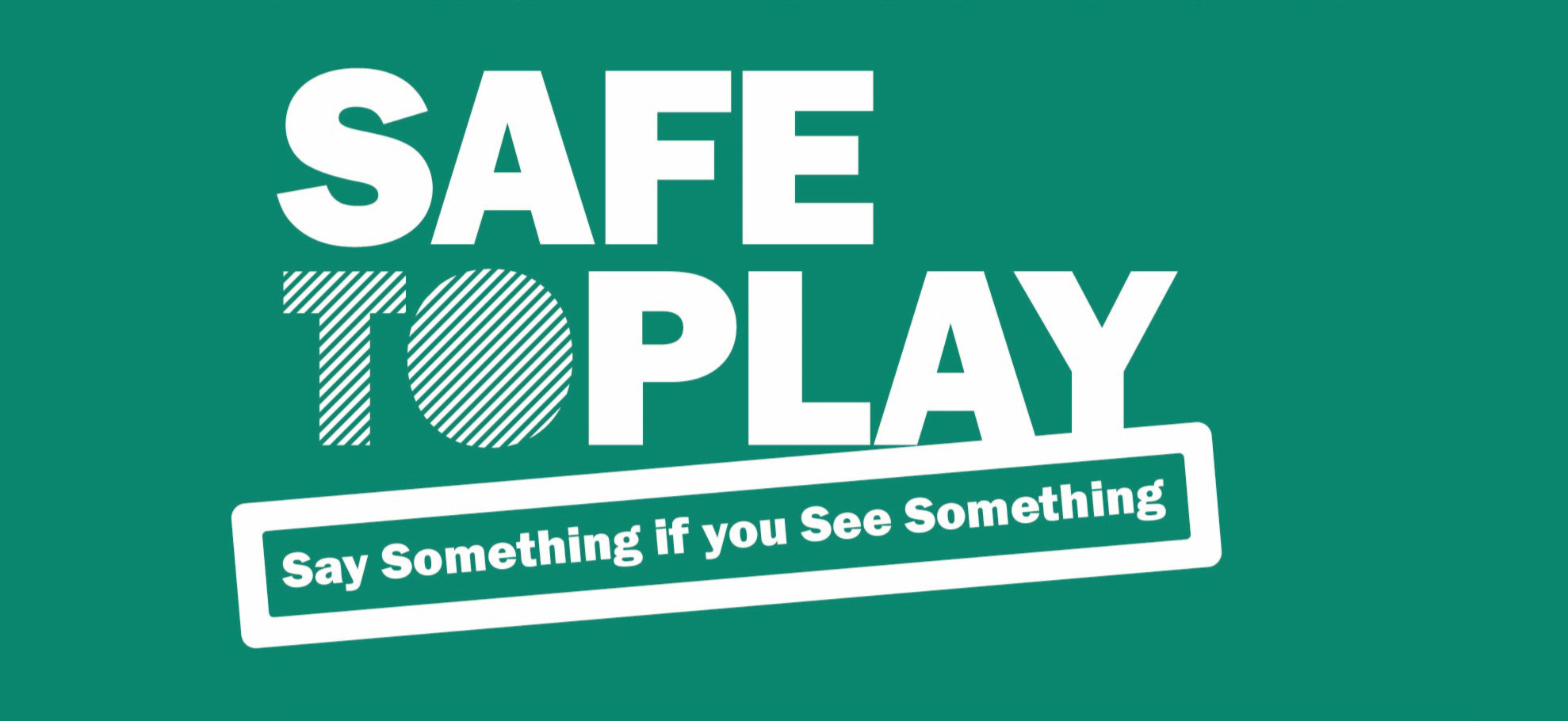Reporting a concern
British Equestrian seeks to do everything it can to support a safe and enjoyable framework for equestrianism. This means that, if standards ever fall short with poor practice or unacceptable behaviour, there’s a process in place to ensure we can deal with it. By reporting a concern, you can help us make sure that equestrian sport stays safe and strong.
What should I do if I have a concern?
If you think a child, young person or adult at risk is in immediate danger, please contact the police on 999 without delay.
If a child, young person or adult at risk needs immediate medical attention, call an ambulance and tell the paramedics that there is a safeguarding concern.
If you have a concern about the welfare of a child, young person or adult at risk, or the behaviour of an adult towards a child, young person or adult at risk, you must refer it as soon as possible.
Referring a concern can be done via your club, centre or member body – all will have a designated Safeguarding Officer.
If the club Safeguarding Officer is unavailable or is implicated, talk directly to the most senior club official or go directly to the Safeguarding Officer at British Equestrian or your member body for advice.
If concerns arise in a setting where there is no Club Safeguarding Officer, inform the most senior club official or member of staff. In these circumstances, always ensure that the Safeguarding Officer at British Equestrian or your member body is informed of the referral.
If the matter is urgent and you can't contact your club, centre or member body Safeguarding Officer, you can call the NSPCC 24-hour helpline on 0808 800 5000.
You can easily report a concern to British Equestrian directly through the Safe to Play website. Our safeguarding team is staffed by professionals who are experienced in dealing with these concerns. We are available for advice and support during office hours on 02475 313437.
If you are concerned that someone may be behaving inappropriately or seeking to groom a child in an online environment, then please use the CEOP Reporting Button, which will take you directly to the team at the National Crime Agency, as well as informing your club, centre or member body's Safeguarding Officer, or British Equestrian via the Safe to Play website or email safeguarding@bef.co.uk.
Responding to reports of non-recent historic abuse in sport
Non-recent abuse (also known as historic abuse) is an allegation of neglect, physical, sexual or emotional abuse made by, or on behalf of, someone who is now 18 years or over, relating to an incident that took place when the alleged victim was under 18 years old. Further information can be found on the attached factsheet.
Responding to non-recent historic abuse in sport
Consent to share information – Should I talk to the parents?
You should, where possible, gain parental consent to share information unless it puts the child, yourself or another person at risk of harm. If an adult at risk does not give their consent, you can only share this information if you reasonably believe that they are at risk of harm to themselves or others, or if someone has committed or is likely to commit a criminal offence.
Having a difficult conversation with a child
Whether you’re talking to a group or an individual, there are some general principles that will help you discuss sensitive subjects with children and young people.
Making a written record of the concern
This template can be used to note down the initial conversation – your member body, club or centre may have their own version of this form.
Conversation recording sheeT (Word doc.)
Conversation recording sheet (pdF)
Whistleblowing
It's important that people have the confidence to come forward to speak or act if they're unhappy with anything. Whistleblowing occurs when a person raises a concern about dangerous or illegal activity, or any wrongdoing within our sport.
BRITISH EQUESTRIAN Whistleblowing Policy
The NSPCC has a whistleblowing advice line to support professionals who have concerns about how child protection issues are being handled in their own or another organisation.
